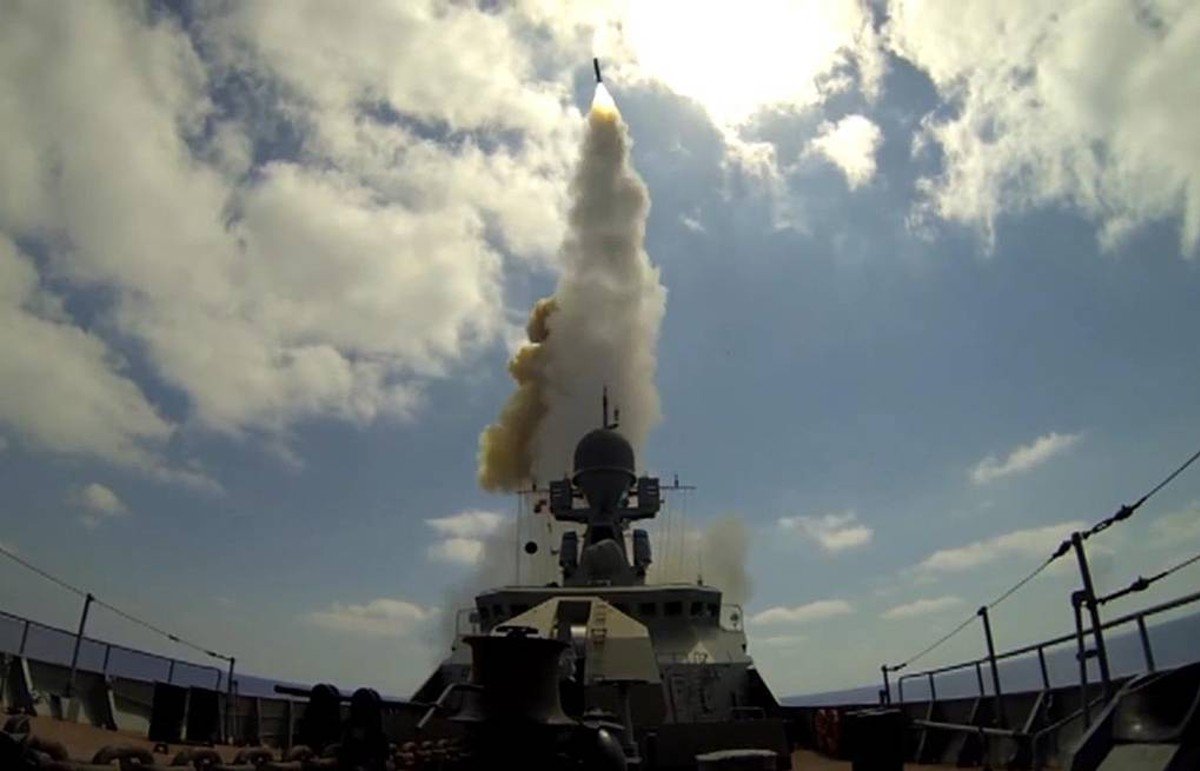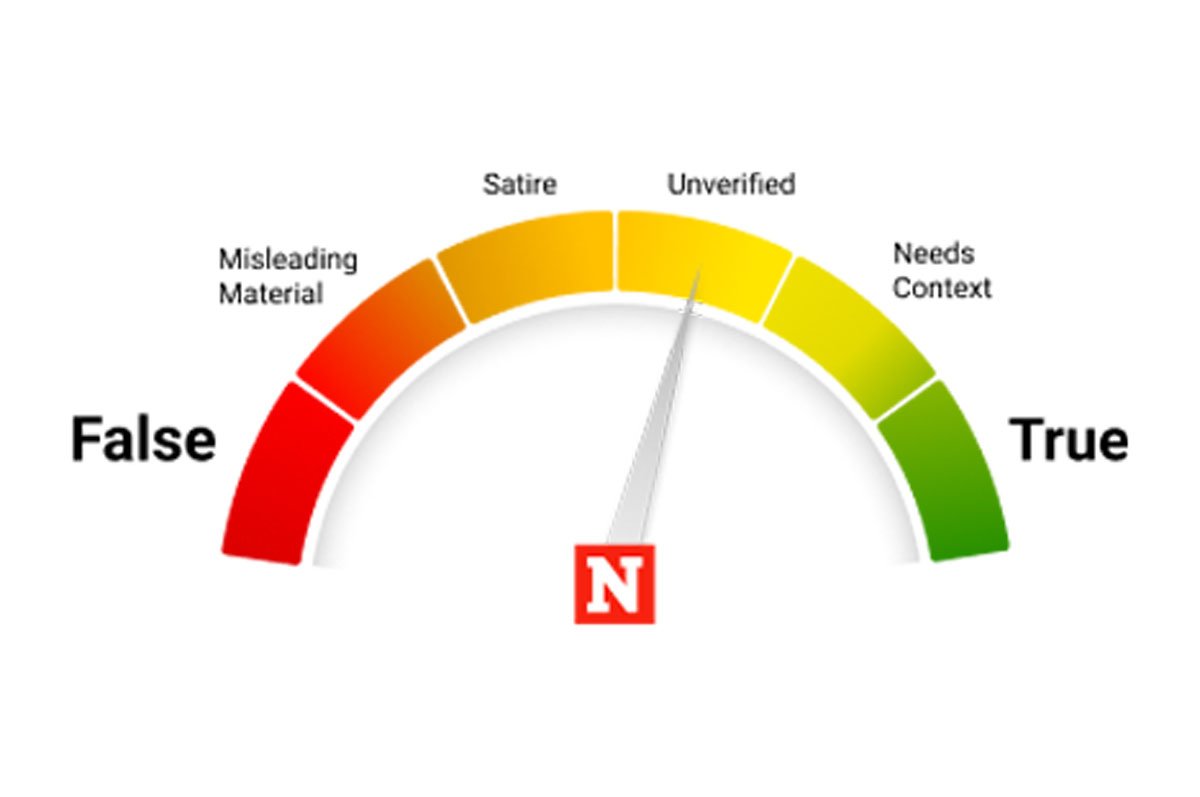An overnight strike on a major Russian military base in northern Crimea is said to have killed 30 Russian personnel, the attack captured in fiery video footage posted online on Wednesday.
Dzhankoy, a major military hub and home to one of Russia's largest airfields in Crimea, is a key location for supplying Russian troops up through Moscow-controlled southern Ukraine and the frontlines of fighting on the mainland. Footage widely circulated on social media by Russian and Ukrainian sources early on Wednesday showed bright flashes of light and explosions, with sirens wailing in the background.
Natalia Humeniuk, spokesperson for Ukraine's southern forces, described Dzhankoy as a legitimate military target on Wednesday but declined to offer further details.
In the commentary that followed, some claimed that Russia's powerful Zircon hypersonic missiles had been destroyed in the attack.

The Claim
A post on X, formerly Twitter, by user @TheDeadDistrict, viewed more than 46,000 times, said: "Dzankoi, Ukrainian missiles destroyed a ruSSian missiles storage and other hardware (air defense systems, fighter jets)."
The post included what appeared to be a comment from Telegram that claimed "warehouse with Zircon missiles in Crimea" had been "destroyed" by Ukrainian forces.
The Facts
Analysts say that Russia has been testing its Zircon missiles, originally conceived as a hypersonic anti-ship ballistic, since 2020. Russian sources claim they are capable of travelling at Mach 9, or nine times the speed of sound, for up to 1,000 kilometers (620 miles).
Kyiv said that Moscow launched a Zircon missile in February in what appeared to be their first use since Russia's invasion of Ukraine on February 24, 2022. That month, a prominent Russian journalist suggested that the new missiles could be used against the United States and other NATO members.
However, having examined the claim's origin and the available evidence surrounding it, there doesn't seem to be much information to confirm that they were destroyed in the attack this week.
Newsweek has examined the Telegram channel that the claim appeared to come from but could find no such comment about Zircon missiles. While there are other unsupported Russian social media posts that mention Zircon missiles, none of the claims are backed by available evidence.
Newsweek has summarized analyses of the attacks so far. Satellite imagery has suggested that Russia has a number of helicopters and advanced air defenses there and is key for keeping Russian forces on the mainland stocked.
This month, pro-Ukrainian partisans operating in Crimea said they had detected a "build-up" of air defense systems on the peninsula, including at Dzhankoy. The Atesh group said additional anti-aircraft missile systems around the Dzhankoy airfield were "not camouflaged in any way."
However, there is no verifiable information that confirms the destruction of Zircon missiles or whether they were even housed in Dzhankoy. While Russia is unlikely to confirm that some of its most powerful weapons have been destroyed, and the reliability of any Ukrainian claims notwithstanding, there simply is no evidence yet to support the claim.
Newsweek reached out to the Russian Defense Ministry for comment.
The Ruling

Unverified.
There is no evidence that Zircon missiles were destroyed. At best, it is the subject of rumor but little more. No independent military analysts have confirmed that hypersonic missiles were destroyed in the strike.
It is still too early to know what the full impact of the strike has been.
FACT CHECK BY Newsweek's Fact Check team
Uncommon Knowledge
Newsweek is committed to challenging conventional wisdom and finding connections in the search for common ground.
Newsweek is committed to challenging conventional wisdom and finding connections in the search for common ground.
About the writer
To read how Newsweek uses AI as a newsroom tool, Click here.








